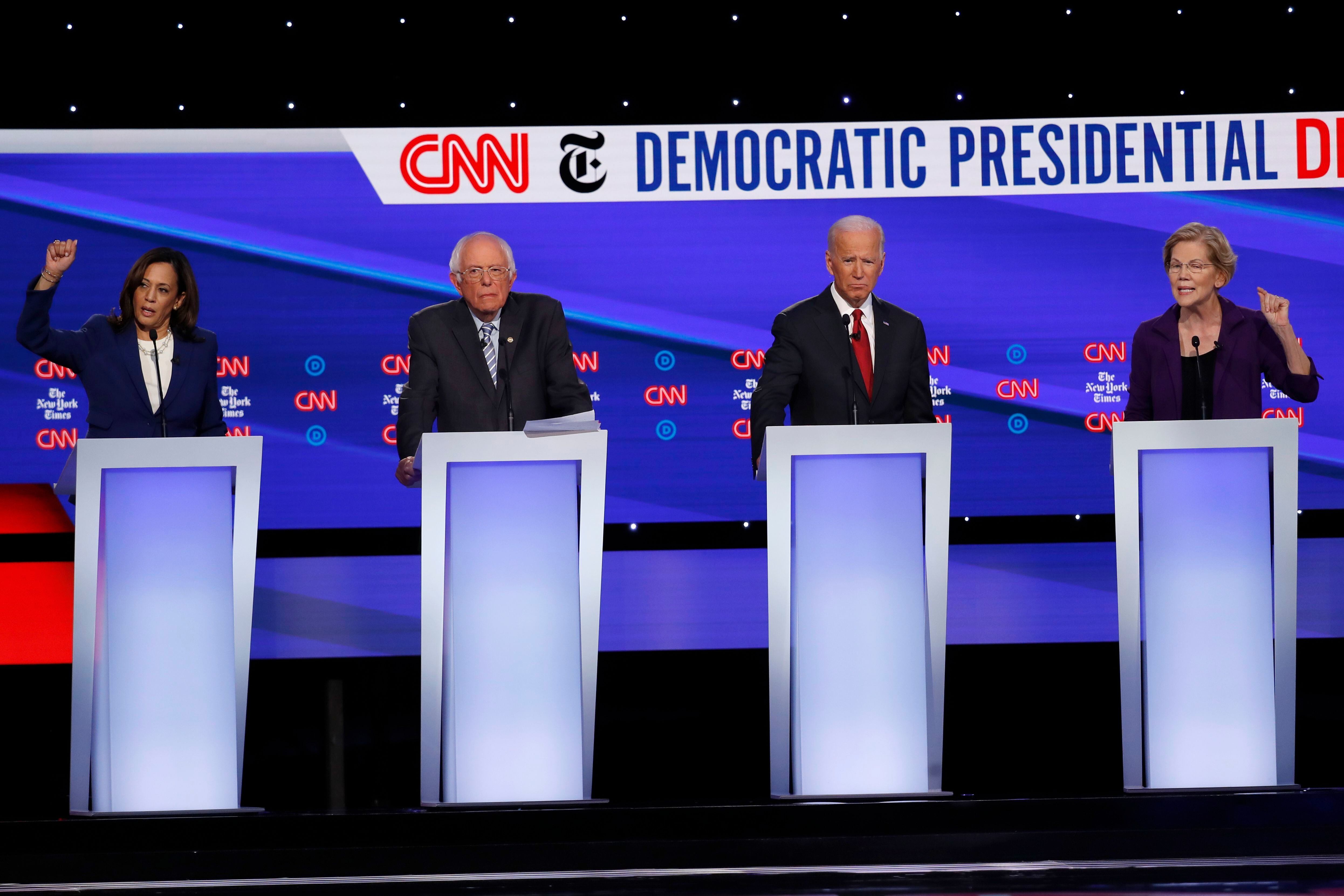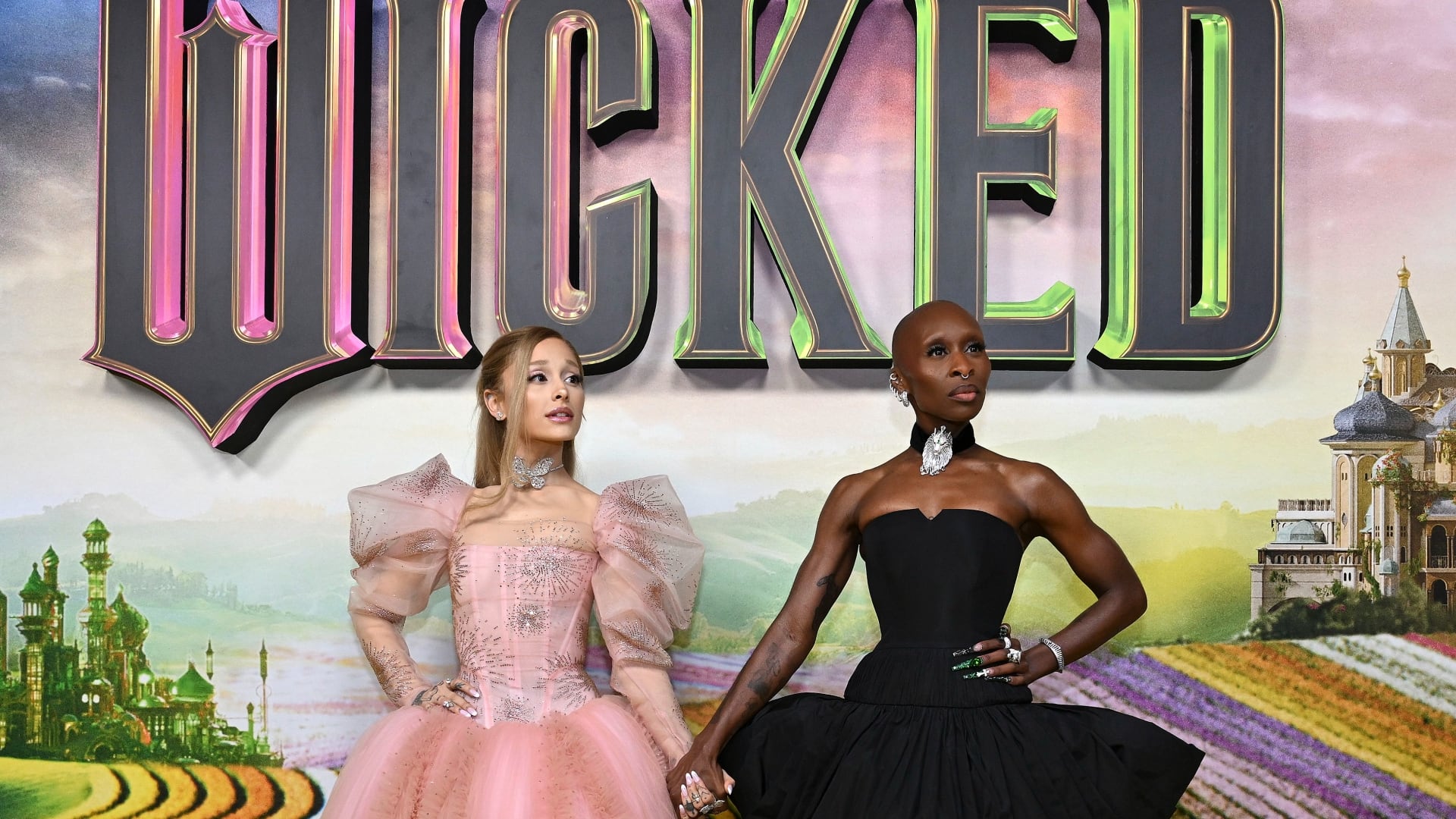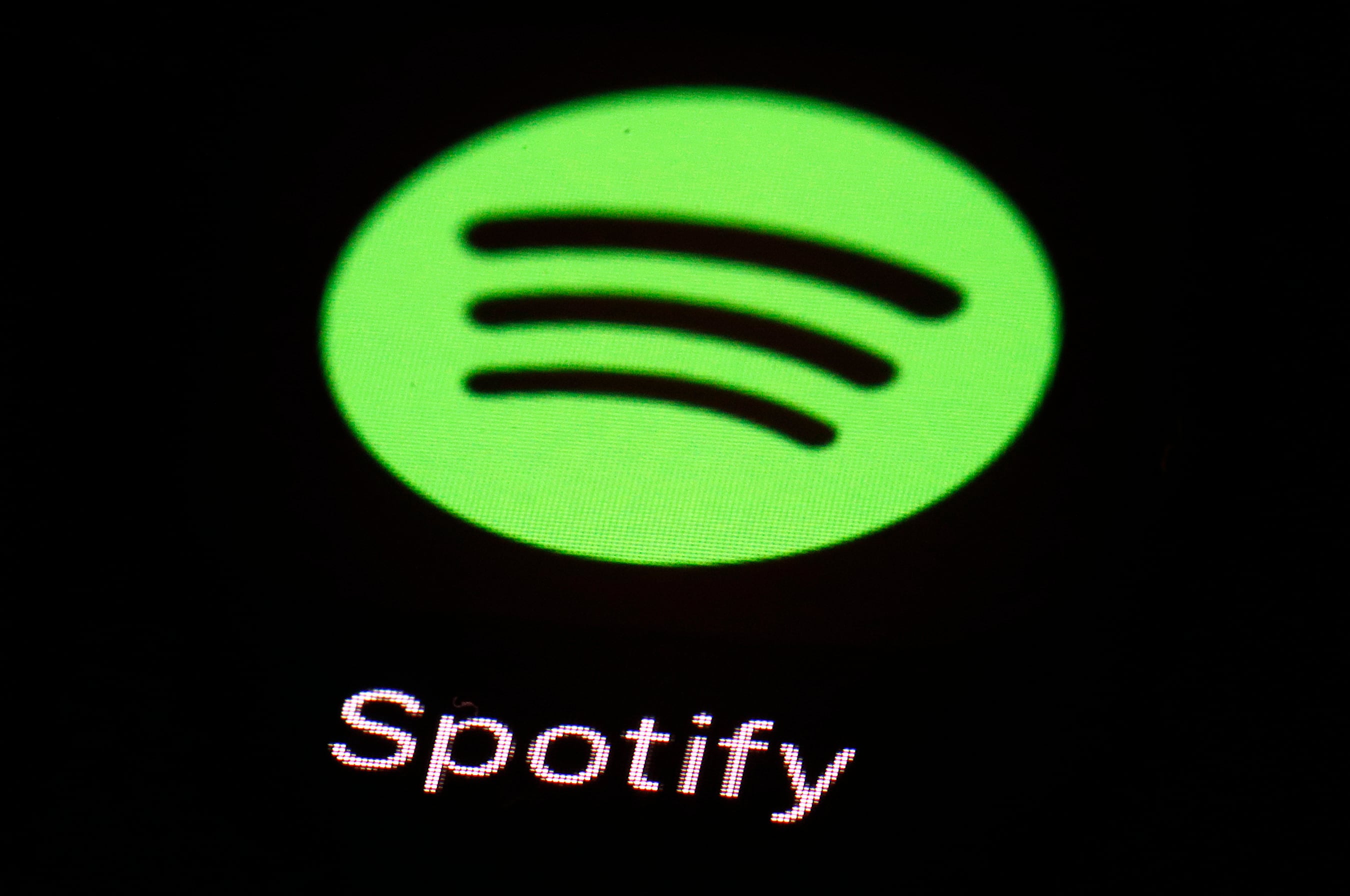Twitter is seeking to clarify its position on controversial tweets from world leaders, saying that politicians are not "entirely" above the rules, but that the platform would continue to err on the side of not deleting content.
"We recognize that this is largely new ground and unprecedented," Twitter said in a statement Tuesday. "With critical elections and shifting political dynamics around the world, we recognize that we're operating in an increasingly complex and polarized political culture."
Without mentioning President Donald Trump — by far the most high-profile and contentious leader on Twitter — the company added that tweets with a "clear public interest" would not be removed.
Since the 2016 election, Trump's Twitter feed has forced the platform to reflect on its rules and adjust its standards. But the company came under enormous pressure earlier this month after Sen. Kamala Harris of California sent a letter to Twitter CEO Jack Dorsey that urged the company to suspend the president's account. Harris, a 2020 presidential candidate, claimed that Trump's rhetoric surrounding the whistleblower whose complaint sparked the ongoing impeachment inquiry amounted to "blatant threats" and violated Twitter's standards.
"When this kind of abuse is being spewed from the most powerful office in the United States, the stakes are too high to do nothing," the letter read.
Twitter added on Tuesday that generally "interactions with fellow public figures, comments on political issues of the day, or foreign policy saber-rattling on economic or military issues" do not constitute a violation.
In July, for instance, the platform said Trump's tweet that described parts of Baltimore as a "disgusting, rat and rodent-infested mess" did not violate its standard. Another tweet that month that urged four Congresswomen of color to "go back to" where they came from was also deemed acceptable, despite Twitter's prohibition against the use of "slurs, tropes or other content that intends to dehumanize, degrade or reinforce negative or harmful stereotypes about a protected category."
In its statement this week, Twitter said that decisions regarding world leaders can not, and should not, be categorized in terms of "'yes/no' binaries."
"The actions we take and policies we develop will set precedent around online speech and we owe it to the people we serve to be deliberate and considered in what we do," read the statement, which was posted just prior to the Democratic primary debate in Ohio.

During the debate on Tuesday, Harris sparred with Sen. Elizabeth Warren of Massachusetts — another vocal critic of big tech — over the role of social media platforms in countering disinformation and criticized Warren for not supporting the effort to suspend Trump's Twitter account.
"I don't just want to push Donald Trump off Twitter. I want to push him out of the White House," Warren retorted.
In June, Twitter sought to alleviate concerns by introducing a new feature that allows the company to post a notice over tweets from politicians that violate the rules but are still in the public interest. Users can still view the post but have to click past the notice, and are restricted from liking, sharing, and retweeting. Twitter has yet to impose a notice on Trump or any other head of state.
Twitter's clarification comes weeks after Facebook announced that it will not fact-check posts or advertisements from politicians.
"It is not our role to intervene when politicians speak," Nick Clegg, Facebook's vice president of global affairs and communications, said in late September. "In open democracies, voters rightly believe that, as a general rule, they should be able to judge what politicians say themselves."













